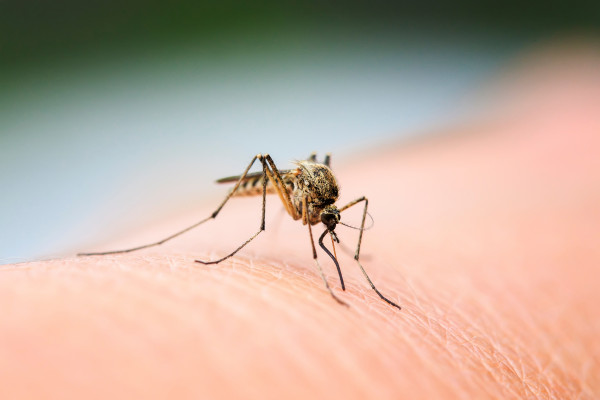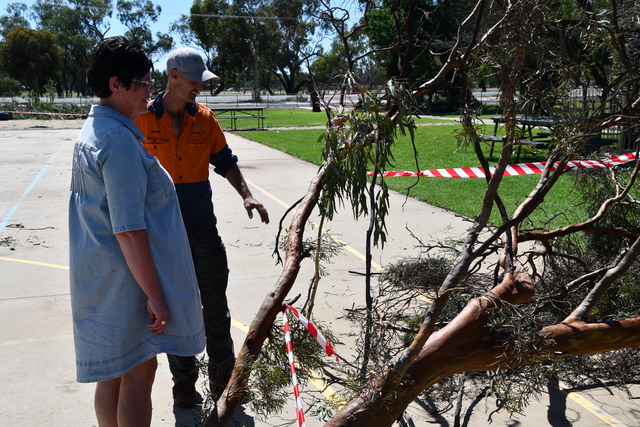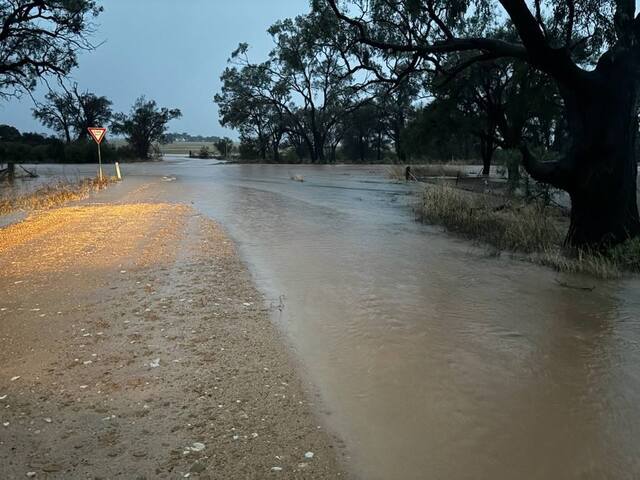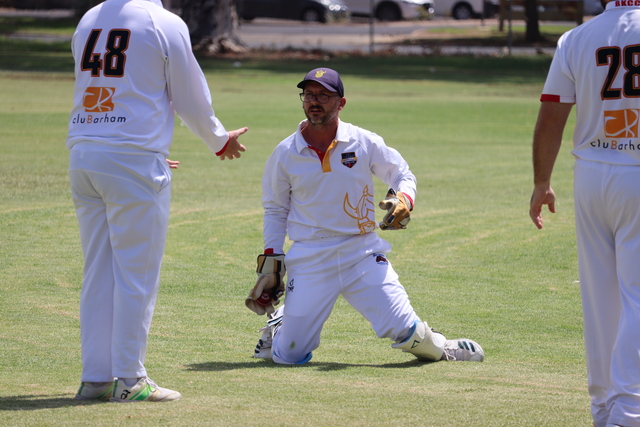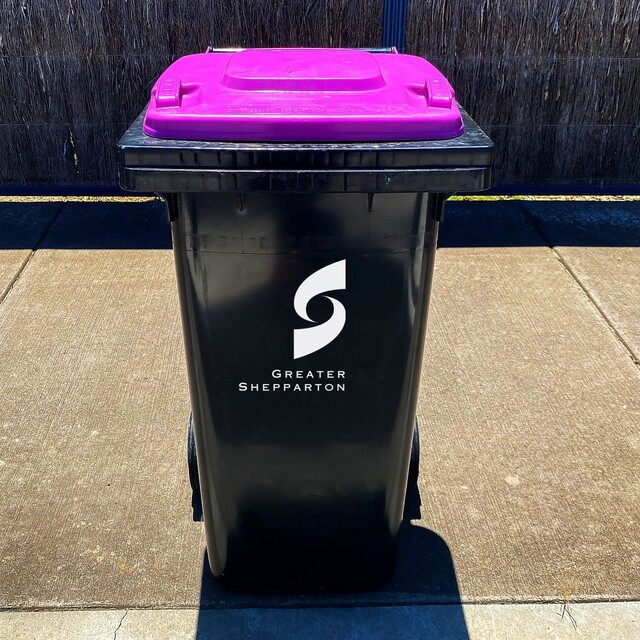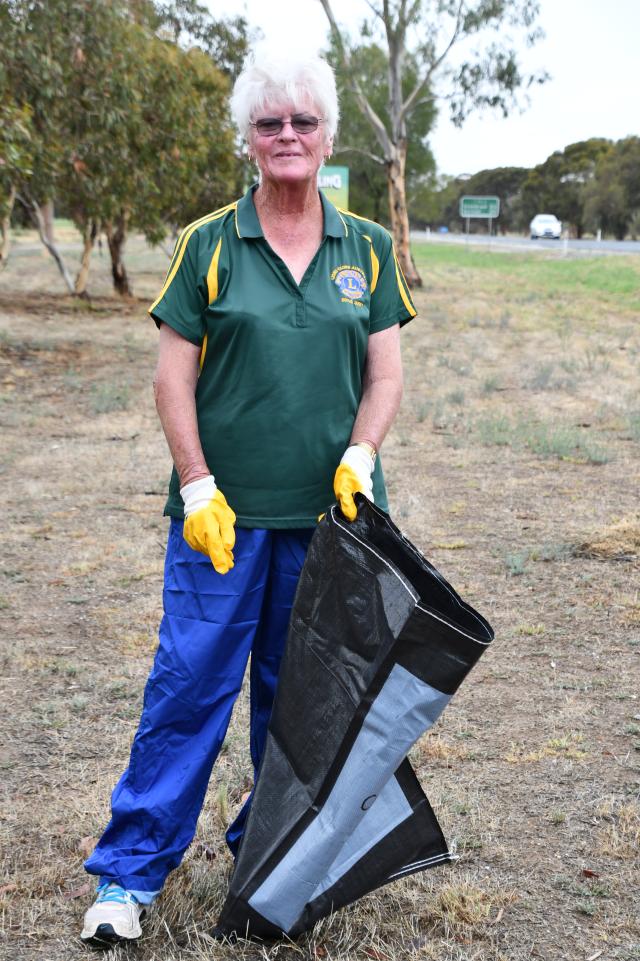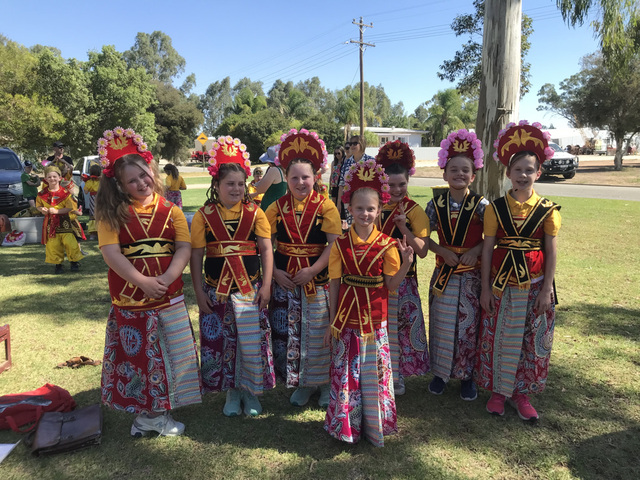AN urgent health warning has been issued after a “probable” human case of Japanese encephalitis was identified in a resident of northern Victoria.
Acting chief health officer Dr Christian McGrath said it was the first case of JE in Victoria this mosquito season.
“JE virus has also been detected through environmental surveillance in northern Victoria along the Murray River, and in mosquitoes and feral pigs in New South Wales this summer,” Dr McGrath said.
“These findings indicate that JE virus is likely circulating in northern Victoria this summer.
“JE virus can cause a rare but potentially serious infection of the brain and is spread to humans through bites from infected mosquitoes.
“Residents and people visiting northern Victoria, particularly inland riverine regions and near the Murray River, are potentially at higher risk of infection and should take measures to prevent mosquito bites.
“Avoid mosquito bites by using mosquito repellent containing picaridin or diethyltoluamide (DEET) on all exposed skin. Wear long, loose fitting clothing when outside, and ensure accommodation, including tents are properly fitted with mosquito nettings or screens.”
In Victoria, JE vaccine is available free-of-charge for specific groups at higher risk of exposure to the virus, including eligible people in 24 high-risk LGAs in northern Victoria, including Swan Hill.
Mosquitoes can spread diseases such as JE, Murray Valley encephalitis, and West Nile virus infections, as well as Ross River and Barmah Forest viruses.
Cases of JE were reported for the first time in 2022 while cases of MVE were last reported in 2023.
Dr McGrath said anyone is potentially at risk of being bitten by mosquitoes and while most bites will only cause minor swelling and irritation, an infected mosquito can transmit potentially serious diseases, including JE.
“People with increased exposure to mosquitoes may be at a higher risk of infection, particularly people camping, working or spending time outdoors in inland riverine regions and along the Murray River,” he said.
“Children aged under five and older people who are infected with JE virus are at a higher risk of developing more severe illness, such as encephalitis (inflammation of the brain).”
Steps to protect against mosquito-borne diseases:
• Cover up – wear long, loose-fitting, light-coloured clothing.
• Use mosquito repellents containing picaridin or diethyltoluamide (DEET) on all exposed skin.
• Don’t forget the kids – always check the insect repellent label. On babies, you might need to spray or rub repellent on their clothes instead of their skin. Avoid applying repellent to the hands of babies or young children.
• Limit outdoor activity if lots of mosquitoes are about, especially around dawn and dusk when mosquitoes are most active.
• Remove stagnant water where mosquitoes can breed around your home or campsite.

